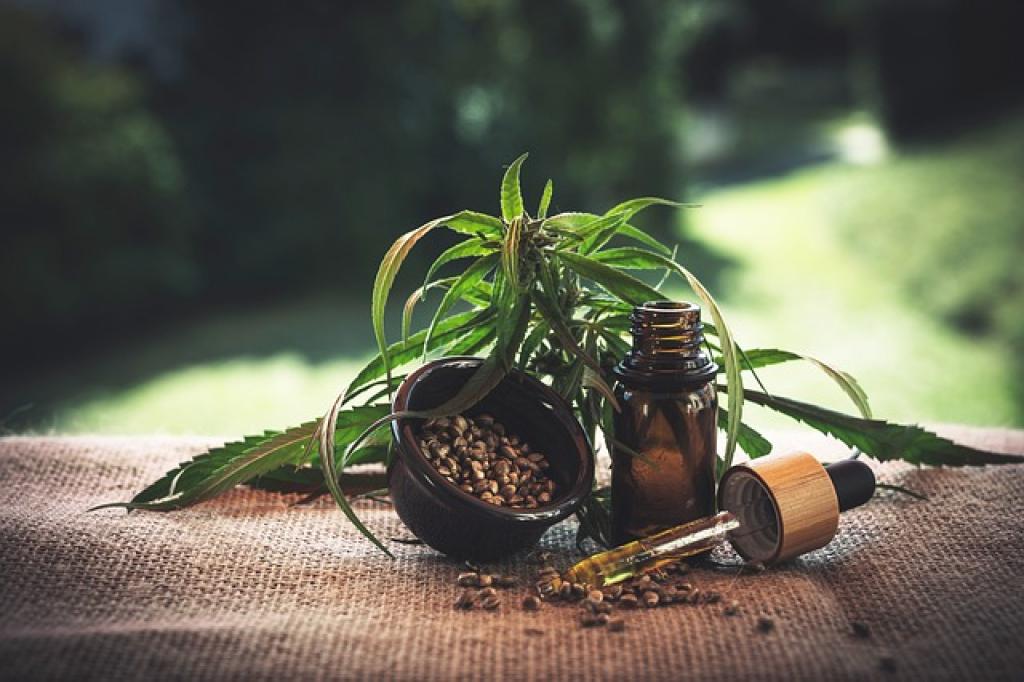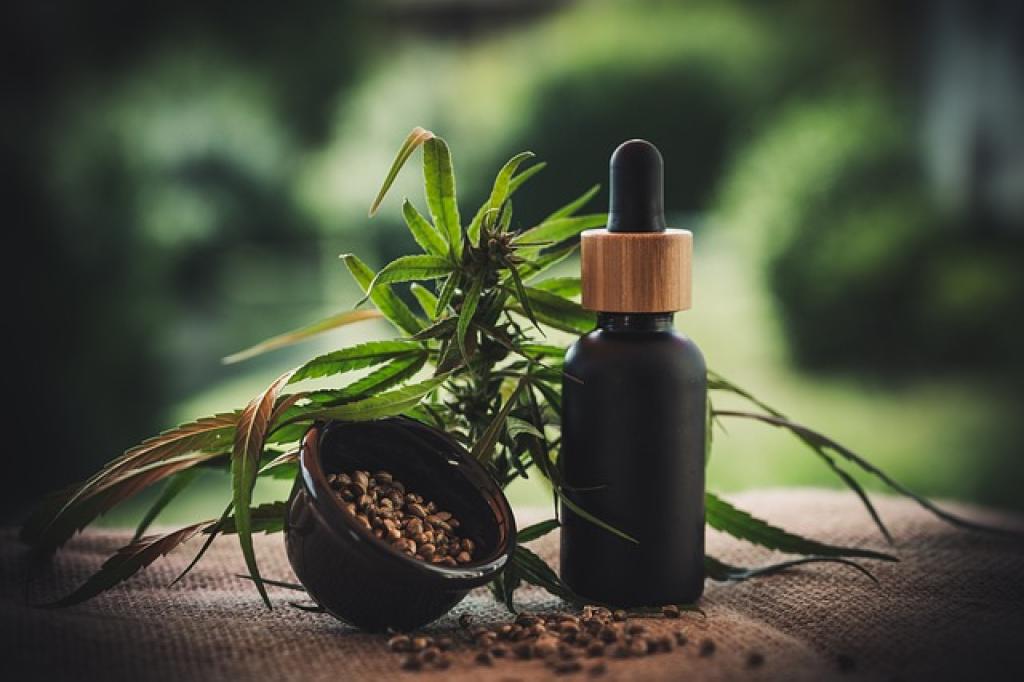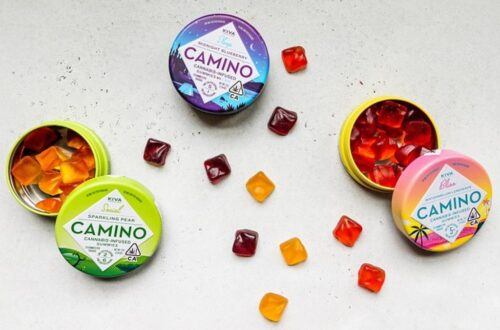Curious about how your favorite CBD products come to life? The magic happens during the extraction process, where the valuable compounds from hemp are carefully separated and collected.
Ever wondered why some CBD oils feel more potent or taste different from others? It’s all about the technique used to extract the CBD.
In this post, we’ll dive deep into the most popular CBD extraction methods. From CO2 extraction to olive oil methods, each technique has its own unique way of bringing out the best of what hemp has to offer.
Let’s unravel these secrets together and discover what makes each extraction process special!
Understanding the Importance of CBD Extraction Methods
Why does the extraction method matter so much? Simply put, the way CBD is extracted affects its purity, potency, and overall quality.
Different methods can extract varying levels of cannabinoids and other beneficial compounds. This means some techniques may offer a richer, more effective product while others might result in a less potent one.
And another thing to keep in mind is that, the extraction process can influence the safety and cleanliness of the final product. For example, methods that use harsh chemicals can leave behind residues, whereas cleaner methods ensure a purer, safer CBD oil.
Finally, extraction methods impact the flavor and consistency of CBD products. Whether you prefer your CBD oil smooth and mild or robust and earthy, the technique used plays a crucial role in achieving that perfect blend.
An In-Depth Look at Solvent Extraction in CBD Production
Solvent extraction is one of the more common methods used in CBD production, primarily because it’s cost-effective and relatively easy to scale up.
This process uses solvents like ethanol, butane, or propane to pull out the cannabinoids and other valuable compounds from the hemp plant. The plant material is soaked in the solvent, which helps dissolve these compounds.
Once the soaking is done, the solvent evaporates, leaving behind a concentrated CBD extract. However, the type of solvent used can impact the safety and quality of the final product.
For example, ethanol is generally considered safer because it doesn’t leave harmful residues. In contrast, solvents like butane and propane can be more efficient but might linger in the extract if not properly purged.
While solvent extraction can produce high-quality CBD, it’s essential to choose products from reputable sources to ensure they meet safety and quality standards.
Exploring the Benefits and Drawbacks of CO2 Extraction
CO2 extraction is often considered the gold standard in CBD production for several reasons. Firstly, it uses pressurized carbon dioxide to pull CBD and other compounds from the hemp plant. This method doesn’t involve any harmful chemicals, making it incredibly safe and clean.
One of the coolest things about CO2 extraction is how customizable it is. By tweaking temperature and pressure, producers can target specific compounds, which helps create a more refined and potent product. This flexibility is why CO2-extracted CBD is highly sought after.
However, the process isn’t without its drawbacks. The machinery required for CO2 extraction is quite expensive, and the process itself can be time-consuming. This often translates to higher prices for the consumer.
High-Quality but Higher Cost
Quality-wise, CO2 extraction is hard to beat, but it’s vital to weigh that against the cost. While you’re likely getting a purer product, your wallet might feel the pinch. It’s a balance between quality and affordability, and what you’re willing to prioritize.
So, when choosing CBD products, consider what matters most to you. Understanding these nuances can help you make a more informed decision.

Comparing CBD Extraction Techniques: Ethanol Vs. Supercritical CO2
When it comes to extracting CBD, two of the most popular methods are ethanol extraction and supercritical CO2 extraction. Both have their own set of advantages and disadvantages, making them suitable for different needs and preferences.
Ethanol extraction is known for being cost-effective and efficient. By using ethanol, a type of alcohol, the process quickly pulls cannabinoids and other essential compounds from the hemp plant. This method is faster and cheaper compared to CO2 extraction, making it appealing for those prioritizing cost and efficiency.
However, ethanol extraction isn’t as precise. It often extracts not just the desired cannabinoids but also chlorophyll, which can give the final product an unpleasant taste if not properly filtered. Despite this, many producers utilize ethanol extraction because it’s less complicated and requires less specialized equipment.
On the flip side, supercritical CO2 extraction offers unparalleled purity and control. As mentioned earlier, it allows producers to fine-tune temperature and pressure to isolate specific compounds. This results in a cleaner and often more potent product.
But, of course, this precision comes at a cost. Supercritical CO2 extraction is an expensive and time-consuming process, making the end products pricier than those extracted via ethanol.
In short, if you’re looking for a clean, customizable, and potent CBD product and don’t mind spending a bit more, supercritical CO2 extraction could be your best bet. If cost and speed are more important to you and you can overlook slight impurities, ethanol extraction might be the way to go.
Wrapping Up: Choosing the Best Extraction Method for CBD Products
As we’ve explored, choosing the best extraction method for CBD products boils down to your specific needs and priorities. Ethanol extraction offers a cost-effective and quick way to produce CBD, making it a great option for those who are on a budget or need a simpler process. While it may come with some impurities, it still gets the job done efficiently.
On the other hand, supercritical CO2 extraction provides a higher level of purity and control. If you’re looking for the cleanest, most tailored product and are willing to invest a bit more, this method stands out. Its precision ensures that the final product is top-notch, which can make a big difference if quality is your main concern.
Both methods have their own sets of pros and cons, and the “best” method really depends on what you value most. Whether it’s cost, time, purity, or potency, understanding these variables can help you make a more informed decision.
In the end, the choice between ethanol and supercritical CO2 extraction is about balancing these factors according to what matters most to you. Both methods can produce high-quality CBD, so rest assured that whatever you decide, you’ll end up with a product that can offer the benefits you’re seeking.
So next time you’re shopping for CBD products or perhaps even thinking about making your own, keep these extraction methods in mind. Weigh your options, think about what’s most important to you, and you’ll be well on your way to making the best choice for your needs.






